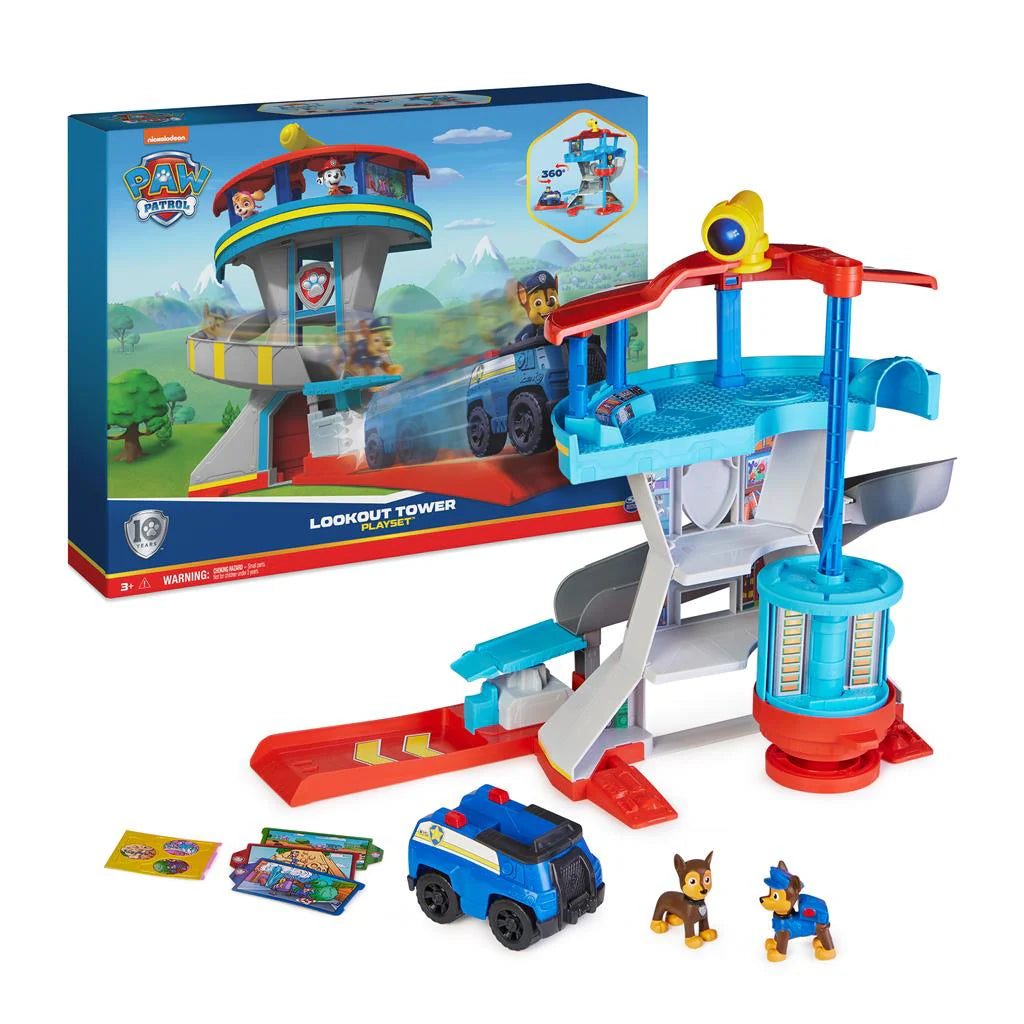Imaginary Friends: Good, Bad or Totally Normal?
Does your child have any imaginary friends? As a parent, we’re often worried when our kids do because we look at having an imaginary friend from an adult’s viewpoint. As an adult, playing and talking with someone nobody can see isn’t a good look. But when it comes to a child’s imaginary friends, thankfully things are different.

How Common Are Imaginary Friends?
Invisible friends are far more common than you might think. Researchers in the US found that by age seven, 65% of children had created a friend no one else could see. These friends didn’t have to be human. In fact, many were animals or mythical creatures. Sometimes these invisible friends are based upon people which are no longer around, especially if they have a friend who has moved away. Or they could be someone they have never met, such as a tv character.
Having an imaginary friend is therefore normal. It’s not something you need to be worried about, as it only shows that your child is very creative!
Why Do Kids Create Imaginary Friends?
Calgary registered psychologist Kimberly Eckert believes that kids invent pretend friends to engage in imaginative play. They may want to play something their other friends don’t want to, but an invisible friend will always play with them. Other reasons why invisible friends may be invented are:
- To help calm themselves down
- Practise their social skills
- Manage loneliness, stress or conflict
- Boost their language development
- To experience different roles in play activities and conversations
- Due to wishful thinking they had someone or something in their life
- To invent a scapegoat to take the blame for their behavior
- To take control and tell someone else what to do!
A common characteristic with pretend friends is that the child will be the boss in their adventures together. They’ll always be the winner too, being the fastest, prettiest and taller of the pair. Girls will create both boy and girl friends, and tended to play nurturing type games with them. Boys tend to stick with make invisible friends and prefer adventurous activities.
How to Cope with Your Child’s Invisible Friends
Chances are you’ve been told not to sit on a certain seat because someone is already there. Or you may have not been able to go to the shop because the unseen friend was asleep. Should you play along with this or tell them you’re not going to?
The short answer is yes! It’s best if you play along with your child, pretending that the friend is real, within reason. Use your judgement, because while giving your child an extra helping of pudding for their friend is okay, it’s somewhat extravagant to give them both a $100 gift voucher to spend in our online toy shop. Not that I’m complaining though, because it would be cool if you did!
We have plenty of wonderful pretend play toys to engage and develop your child’s skills too. Make sure you pop over and look now!





I think that any way children use their imagination is awesome :) Merry Christmas.
Leave a comment